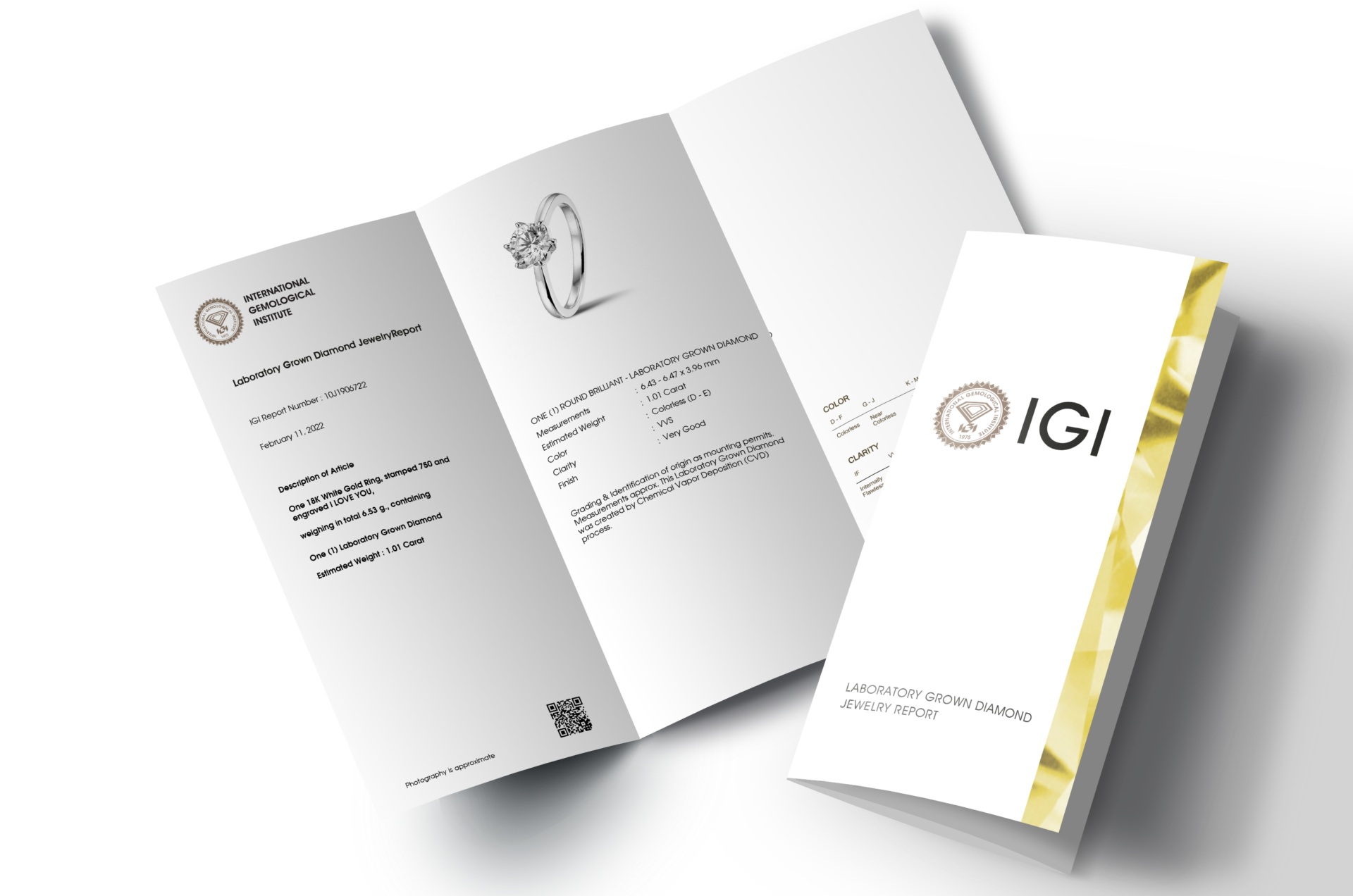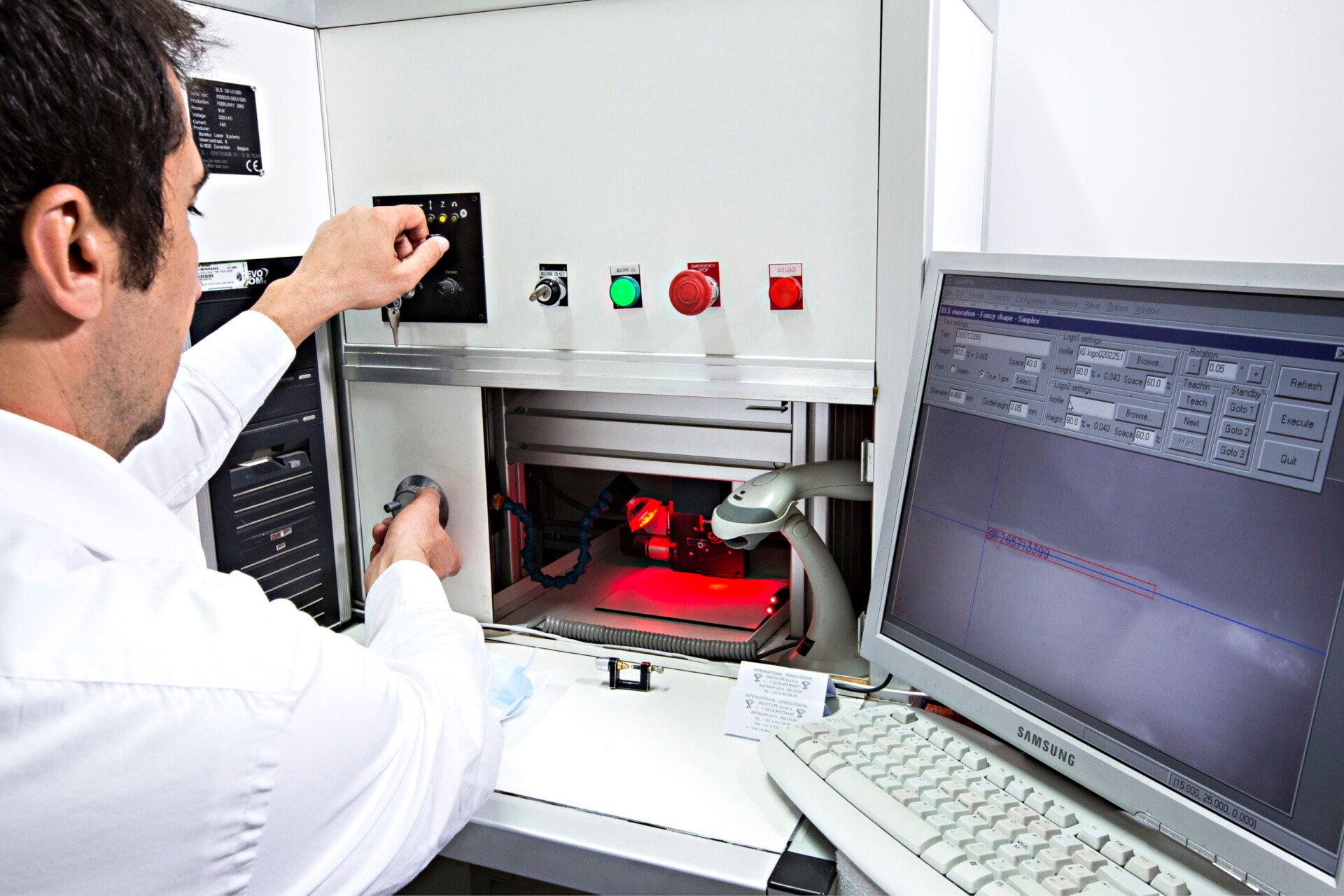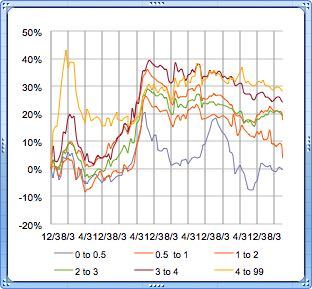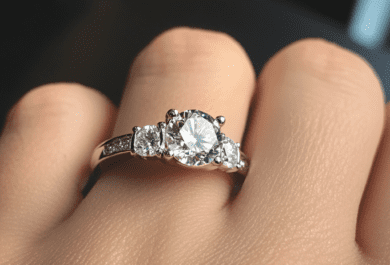10. How is IGI Being Sustainable?
In 2021, IGI became the first gemological institute to commit to carbon neutrality through association with SCS Global Services (SCS). Since 1984, SCS has been advancing sustainable development goals across multiple sectors, working with a number of prominent diamond and jewelry industry entities including the Responsible Jewelry Council (RJC) and Responsible Minerals Initiative (RMI), among others.
The institute’s New York offices spearheaded this initiative, first offsetting their carbon footprint in 2022. In 2023 IGI New York additionally expanded to the 11th and 12th floors of 545 Fifth Avenue, one of NYC’s first buildings to became a sustainable office building, boasting an environmentally responsible design, showcased by LEED Gold green building certification.
Earlier this year IGI Antwerp was declared carbon neutral according to PAS 2060 standards. Published by the British Standards Institution, the PAS 2060 designation requires a voluntary and ambitious commitment to positive climate action. Earning this designation implies the organization’s carbon neutrality claims are credible and have been verified, to the benefit of both the environment and consumer confidence.
Progress toward carbon neutrality at IGI locations involves actions such as the installation of smart thermostats and LED lighting equipped with auto-off settings and commitment to environmentally safe cleaning products from sustainable companies. Employees are asked to reduce their print frequency, eliminate single use plastics, diminish the amount of trash generated per-person, follow an unplug policy and sort trash into categories, among other improvements. The institute plans to continue proactive environmental stewardship, with a goal of 30% reduction by 2025.
11. Are Lab-Grown Diamonds Sustainable?
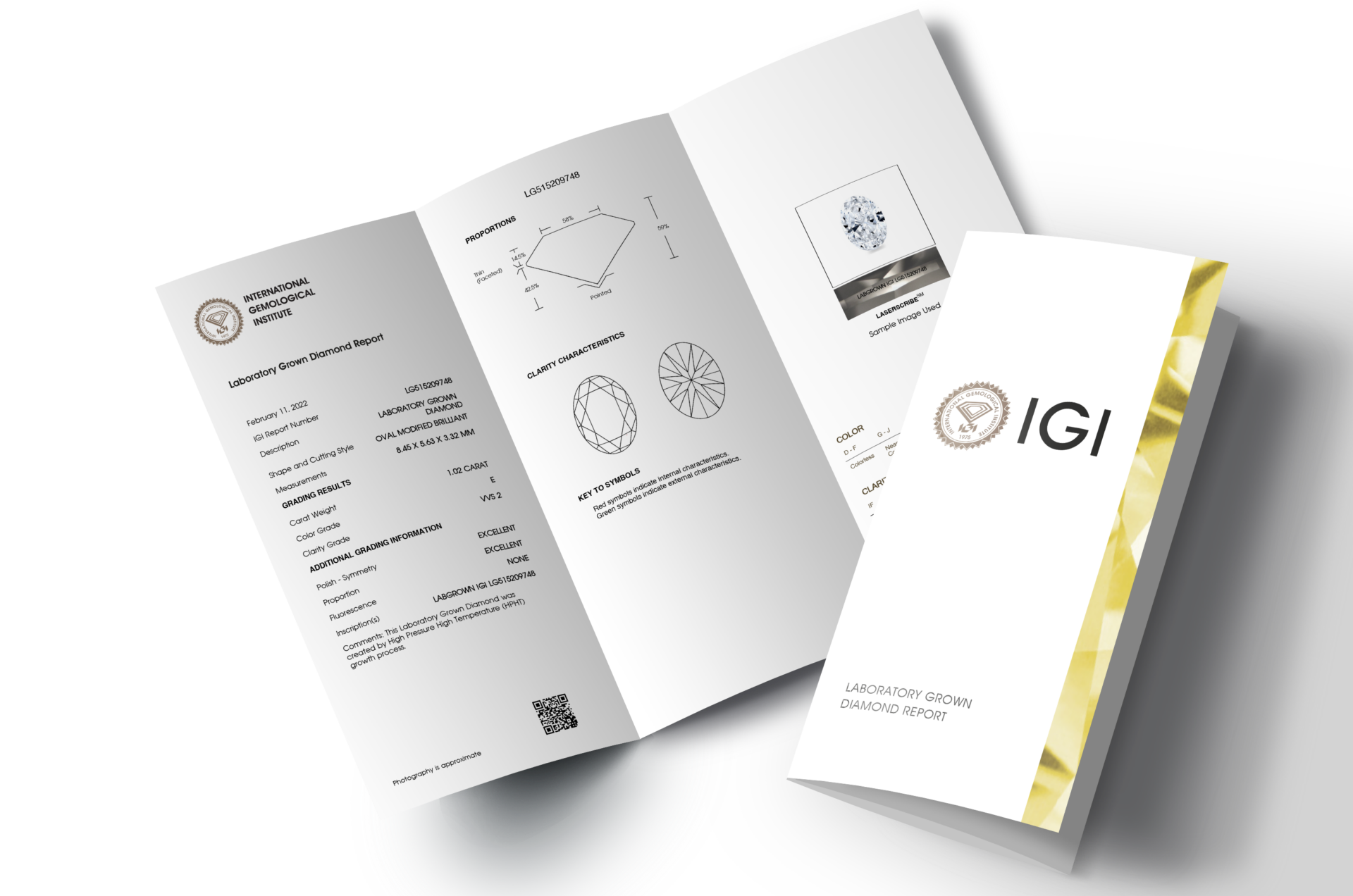
Photo Courtesy of IGI
No, with rare exceptions. Lab-grown diamonds do not require mining, caving, or dredging, so they are not environmentally invasive. However, the presses, reactors, and plasma chambers used to produce them require enormous energy. Since the vast majority are produced by burning fossil fuels, they cannot be considered sustainable, green, or eco-friendly.
With that said, there are a small number of sustainable lab-grown diamond producers. SCS Global, a leader in sustainability auditing, has developed a sustainability certification for diamond producers.
When a diamond is accompanied by a sustainability certificate IGI will document that status on the lab grown diamond grading report, along with a QR code linking to the sustainability document. For consumers seeking sustainable products these stones are rare but do exist.
In the big picture: When buying or selling, any claims of sustainability should be documented from producer, to supplier to retailer to consumer.

